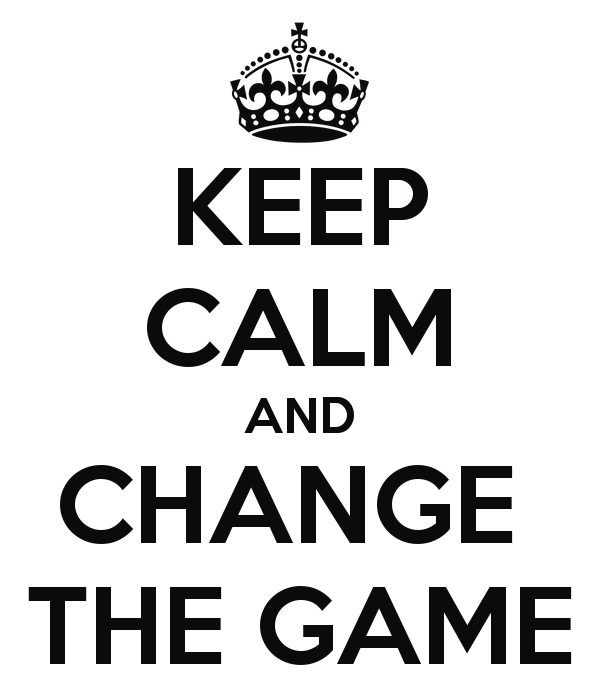Have you ever felt trapped and overwhelmed by your daily routine? Do you sometimes feel that all you’ve accomplished in your day is feeling even more stress?
If you answered “yes” to these questions, you are not alone. According to the United Nation’s International Labor Organization, occupational stress has been defined as a “global epidemic”, with three out of every four American workers describing their work as stressful. Besides the physical consequences of stress, the economic consequences are very costly for U.S. employers who lose an estimated $200 billion per year due to absenteeism, lower productivity, staff turnover, worker’s compensation, medical insurance and other stress-related expenses.
A stressed-out workforce is a big challenge for businesses. Many businesses have adopted strategies to fight against and even prevent it. But the best idea is to work individually on changing your habits and acquiring new ones that can help you prevent feeling stressed or overwhelmed. Adopting a few stress-relief strategies can go a long way to relieving the consequences of stress like fatigue, anxiety, difficulty concentrating, sleep disruptions, physical ailments and decreased productivity.
[wpob id=”2″]Here are some of my best tips to help you accomplish more in your day and keep you from feeling overwhelmed.
- Pick a place to start and have a plan.
One of the best tips I can give is to create a visual of everything that needs to be done in your day or week. Make a list, start breaking down projects into manageable tasks and prioritizing, then look at your schedule to determine the time you have available and develop a plan for completion. Sometimes just being able to check things off your to-do list is helpful, so it’s okay to begin with the easiest tasks and move forward from there. But be careful not to just “kick larger projects down the road” because even the thought of starting makes you anxious. Think through what needs to happen for those larger projects and set aside specific times to meet mini-deadlines you create yourself to start chipping away at them.
- Pick a Top Important Priority (TIP) for the Day.
This goes along with the first tip. Once you’ve made a to-do list, pick the most important task, and make it your TIP for the day. Next, block off the first 90 minutes of your day to work on the TIP of the day. For those designated 90 minutes, don’t allow interruptions to distract you or throw you off track. When the 90 minutes are up, either move on to the next important task or make the decision to spend a little more time on your TIP. At the end of the day you’ll have made great progress, not only on your TIP, but also other tasks.
- Keep your workspace neat and organized.
Keeping a clean workspace helps prevent stress because it enables you to find the things you need when you need them. Keeping everything organized keeps you from wasting precious time and energy. There’s nothing more stressful than already feeling overwhelmed and having to scramble to find an important document for a project or the supplies you need. So, set aside time each day to put your workspace in order.
- Know your Prime Energy Time.
We accomplish more when we’re energized, so it’s good to know when your energy levels are highest. We often hear that morning is the best time of day to get things done, but your best time of day, in terms of energy level, may not be the same as others. So, make an effort to identify when your best time is. Then consciously schedule tasks that require the most focus during your peak energy times.
- Be realistic.
Many of us have a tendency to have an unrealistic, overly optimistic sense of time. This is a problem that not only causes stress, but also contributes to procrastination and makes time management even more challenging. Keep in mind that it generally takes up to 3 times longer to complete tasks than we anticipate. Schedule accordingly, building in some extra time for the unexpected and allowing for overly optimistic projections of how long a task will take.
- Use time charting.
This goes along with keeping it realistic above. Start keeping track of how long certain tasks take you to complete. It will not only help you in the future to plan your day, it will be a clear, accurate picture of where you may be losing time. There are lots of time trackers available on the Internet. Just search for “time tracker apps”, pick one and start using it to get a feel for how long tasks actually take.
- Reward yourself.
We’re often harder on ourselves than anyone else could ever be. And many of us get trapped in the mindset of beating ourselves up for what we didn’t finish rather than celebrating what we did. It’s good to give yourself a small treat after you meet a small deadline or celebrate after big projects get done. Always feel good about what you did accomplish at the end of the day instead of focusing on what you didn’t accomplish.
- Just jump in and get started!
Nothing can get accomplished if you don’t start. Getting started might be the hardest part, but I assure you that once you are in motion, it’ll be easier to keep going. At the end, you will feel so much better when you see that you have accomplished some of your tasks. You might even end up thinking that it wasn’t as bad as you expected.
Want more tips on how to relieve stress? Just click on this link: https://theproductivityexperts.com/stress-relief/


